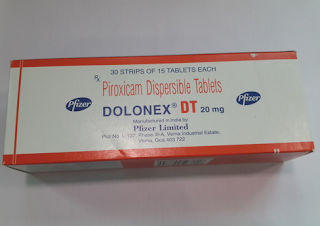Endocrinology, Diabetes and Metabolism
Endocrinology, Diabetes and Metabolism
Thyroid
The Mayo Clinic Thyroid Core Group is composed of endocrinologists, clinical researchers, basic researchers, and individuals involved in the related fields of Nuclear and Laboratory Medicine. Although the group has clinical expertise in all areas of thyroid and eye disease. We have more than 35 on-going IRB-approved research protocols. Our work is supported by several NIH grants, as well as by pharmaceutical and internal Mayo Clinic grants.
Within the area of thyroid cancer, our basic research group is interested in oncogenes, tumor suppressor genes, and the identification of other genes involved in the initiation or spread of malignancy. In addition, studies of novel approaches to therapy of thyroid and other endocrine and non-endocrine cancers using targeted gene therapy are underway. Our group is especially interested in the sodium-iodide symporter as a gene that might have utility in this regard. For clinical study purposes, we have assembled a computerized database of information regarding 3,000 patients with thyroid cancer who have been treated at Mayo since 1940. Analysis of this information is ongoing and has been used for the identification of high-risk groups, establishment of useful prognostic scoring systems, and studies of the impact of primary management on patient outcome. Current clinical studies relate to the role of percutaneous ethanol injection (PEI) in the ablation of cervical node metastasis in selected patients with 131I-resistant disease, the more selective use of 131I in postoperative remnant ablation, the use of recombinant thyrotropin in diagnosis, and treatment of differentiated thyroid cancer, the utility of post-treatment scans in thyroglobulin-positive, diagnostic scan-negative cancers, and the use of FDG PET scanning in thyroid cancer patients.
Our basic studies in the area of Graves' disease involve the immunobiology of the thyrotropin receptor and thyrotropin-receptor autoantibodies, and the pathogenesis and treatment of Graves' ophthalmopathy. Studies are aimed at determining the role of orbital antigens, including the thyrotropin receptor, in initiation and propagation of autoimmune thyroid eye disease. Our group is interested in the relationship between thyrotropin receptor expression and adipogenesis in orbital fibroblasts and the recognition of this antigen by orbital T-cell clones and autoantibodies. We have an ongoing clinical study to determine the utility of long-acting somatostatin for the treatment of Graves' ophthalmopathy. Other areas of clinical interest include the use of orbital radiotherapy or decompression surgery in this condition, the effect of hyperthyroidism on skeletal muscle structure and function, and the treatment and natural history of thyroid dermopathy.
Members
Rebecca Bahn, M.D., Research Representative
Michael Brennan, M.D.
Norman Eberhardt, Ph.D.
Vahab Fatourechi, M.D.
Hossein Gharib, M.D.
Ian Hay, M.D.
George Klee, M.D.
Bryan McIver, M.D.
John Morris, M.D.
Gregory Wiseman, M.D.




Comments
Post a Comment